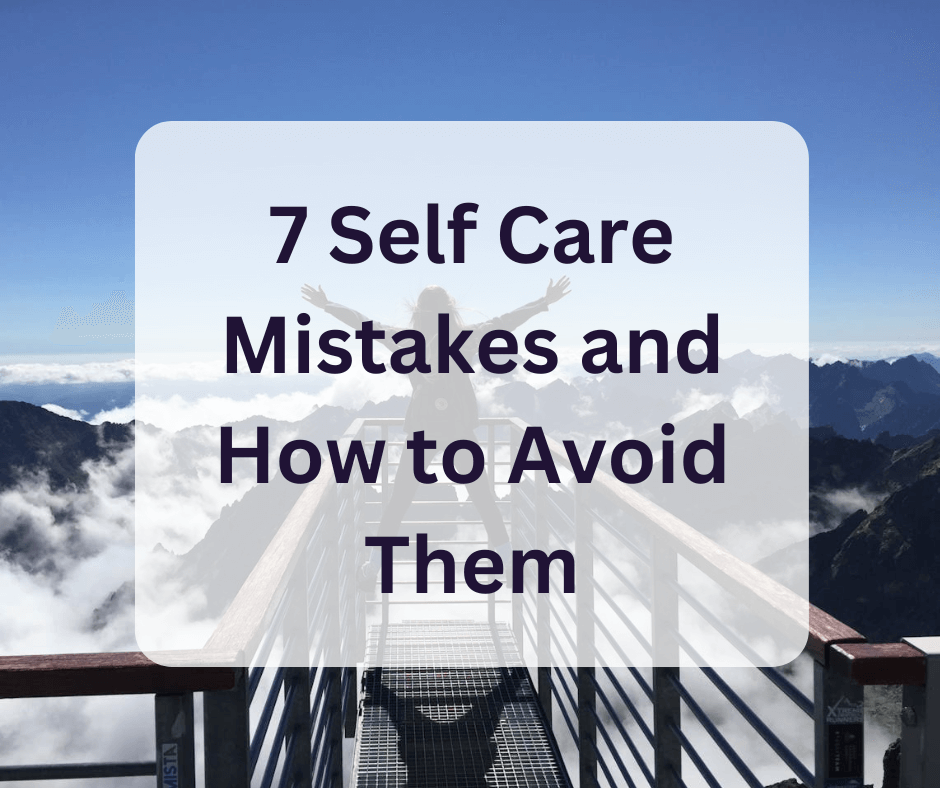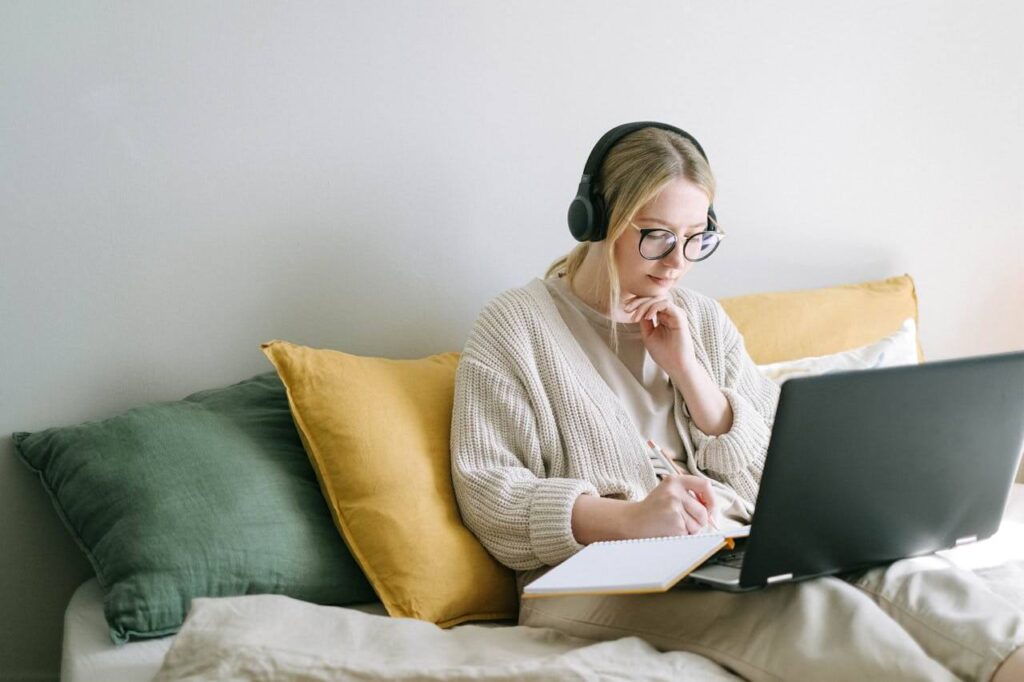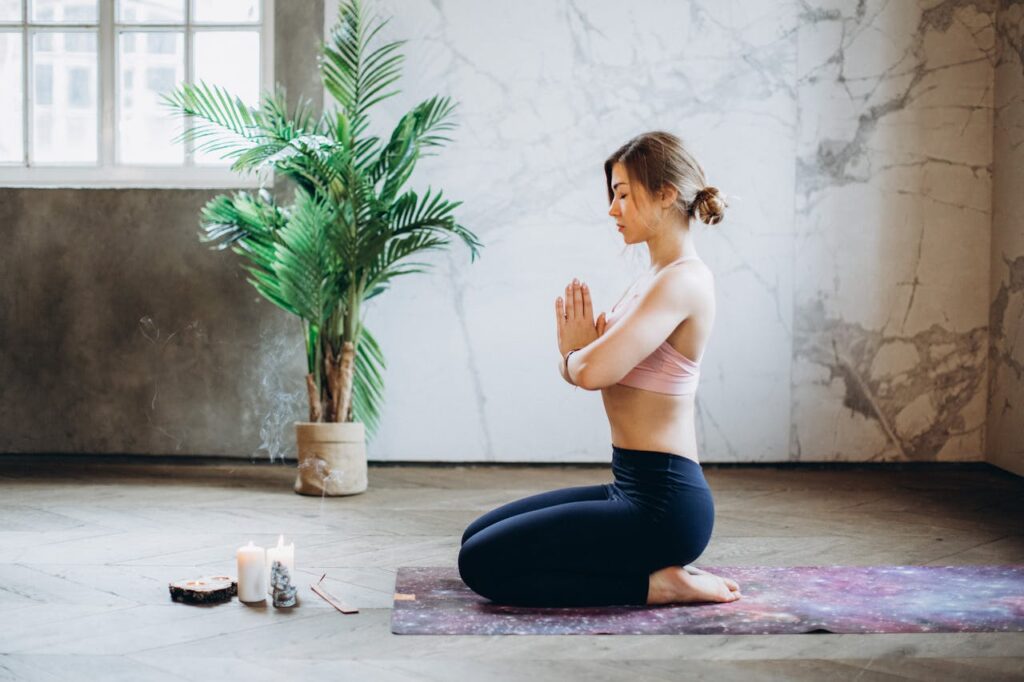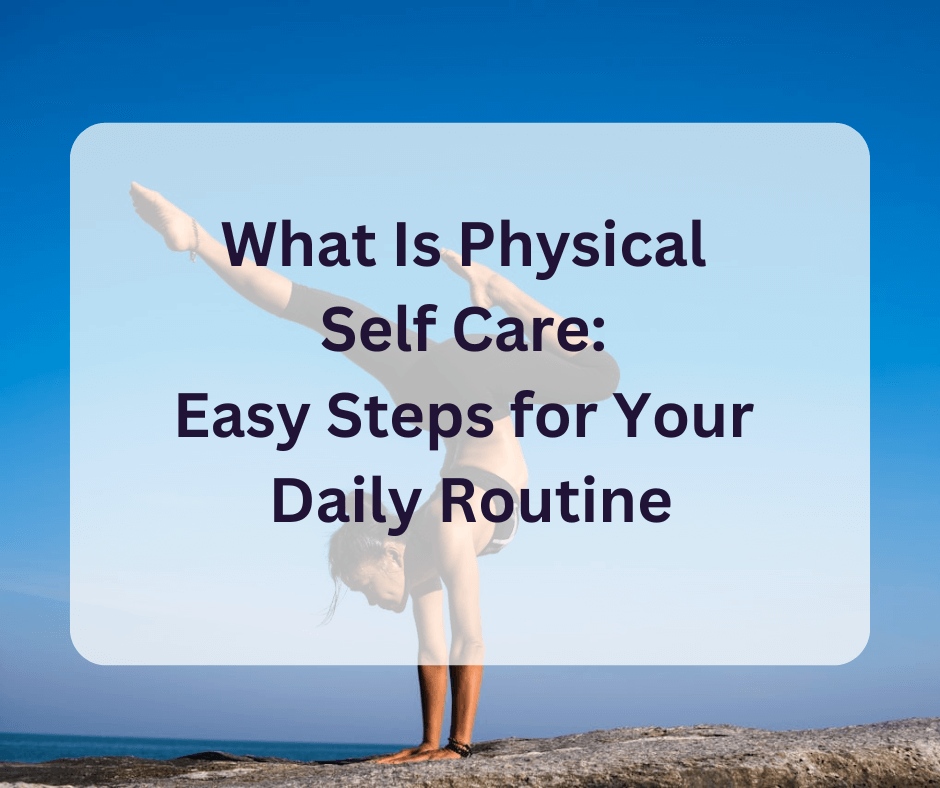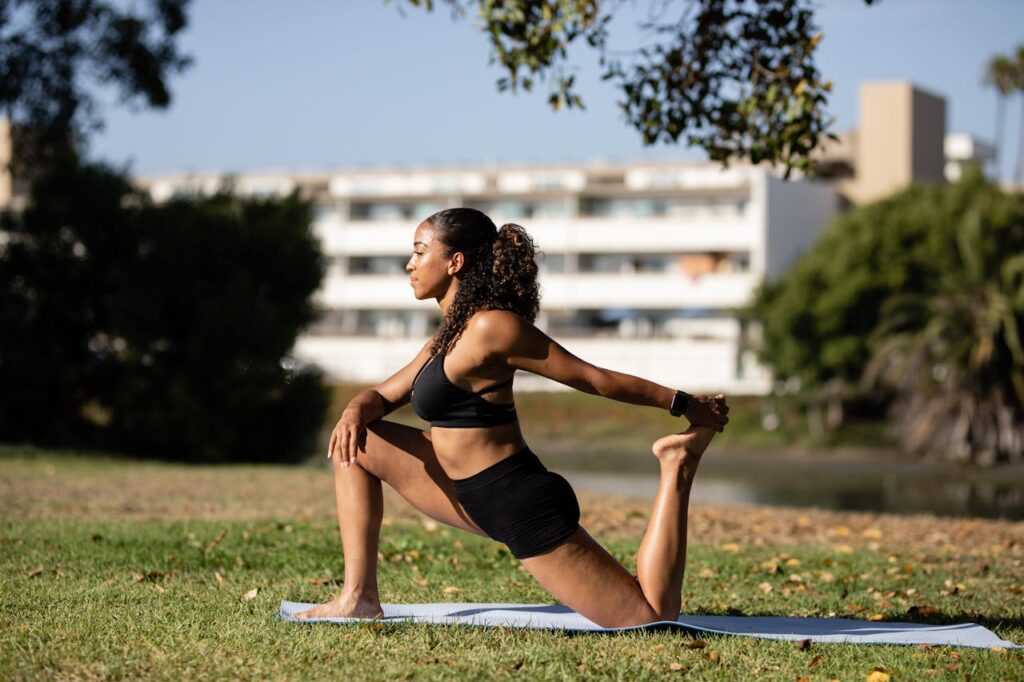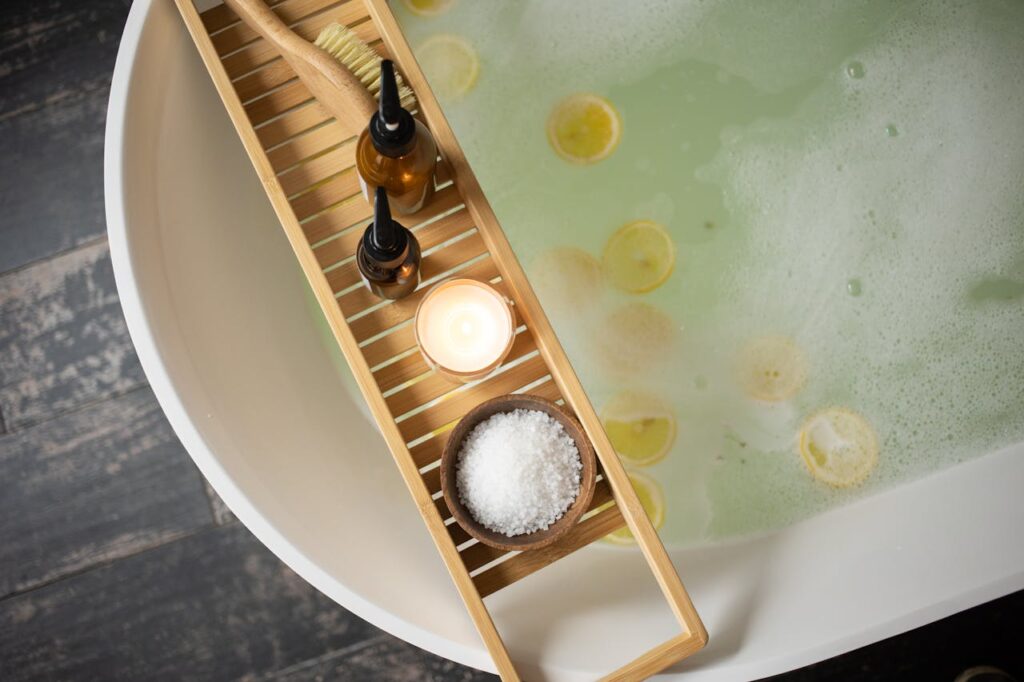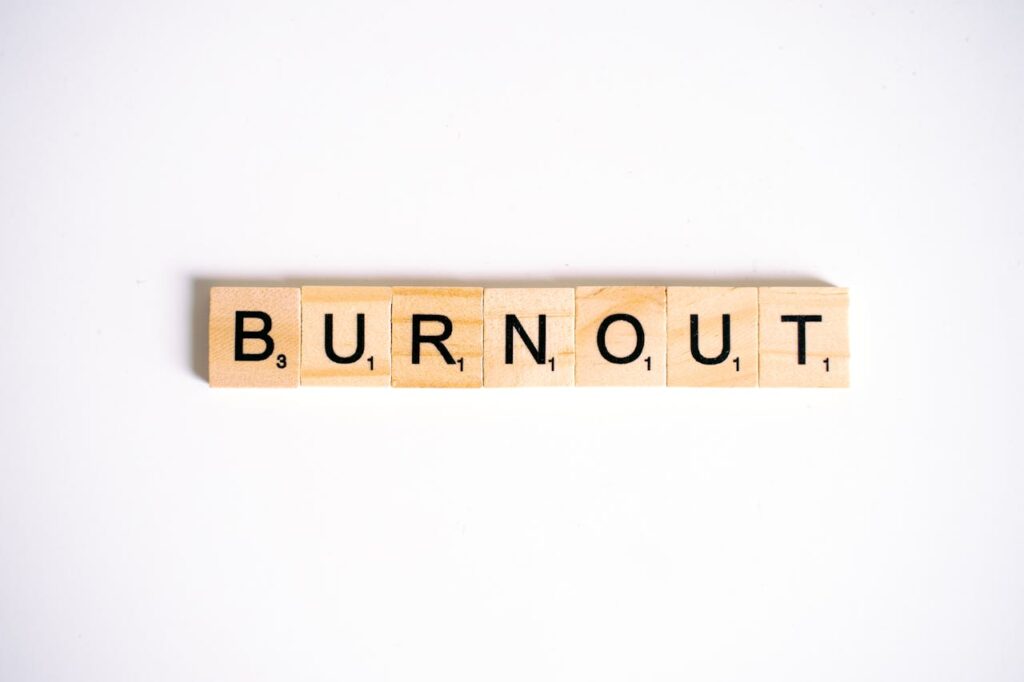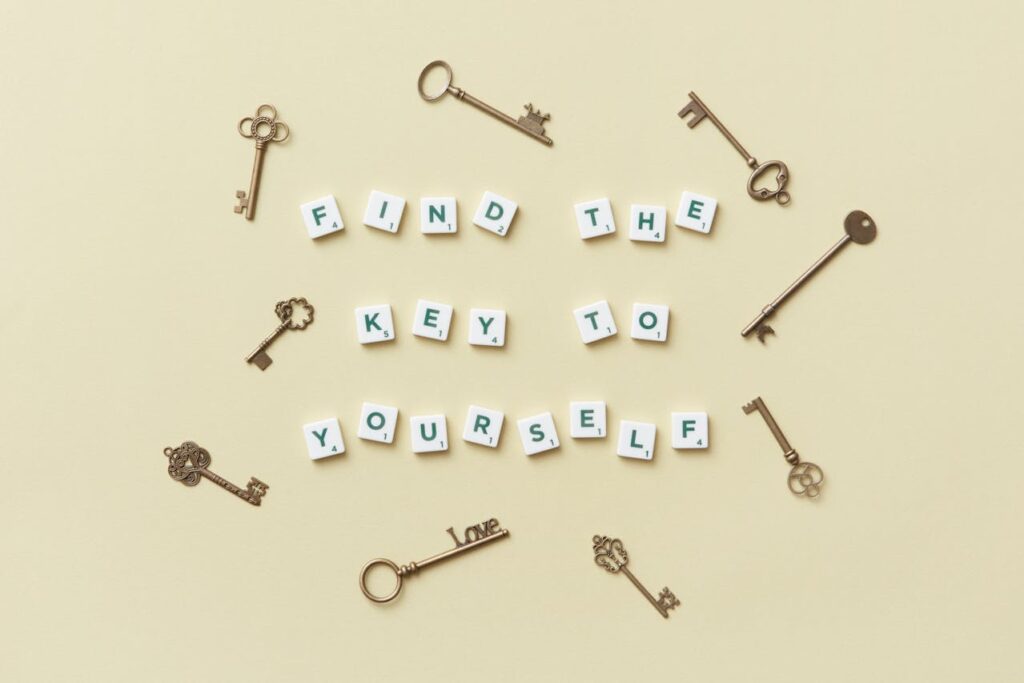When we hear about self care, it’s often in relation to personal routines like skincare or relaxation techniques. However, there’s another crucial aspect of self care that’s often overlooked: social self care. But what is social self care exactly?
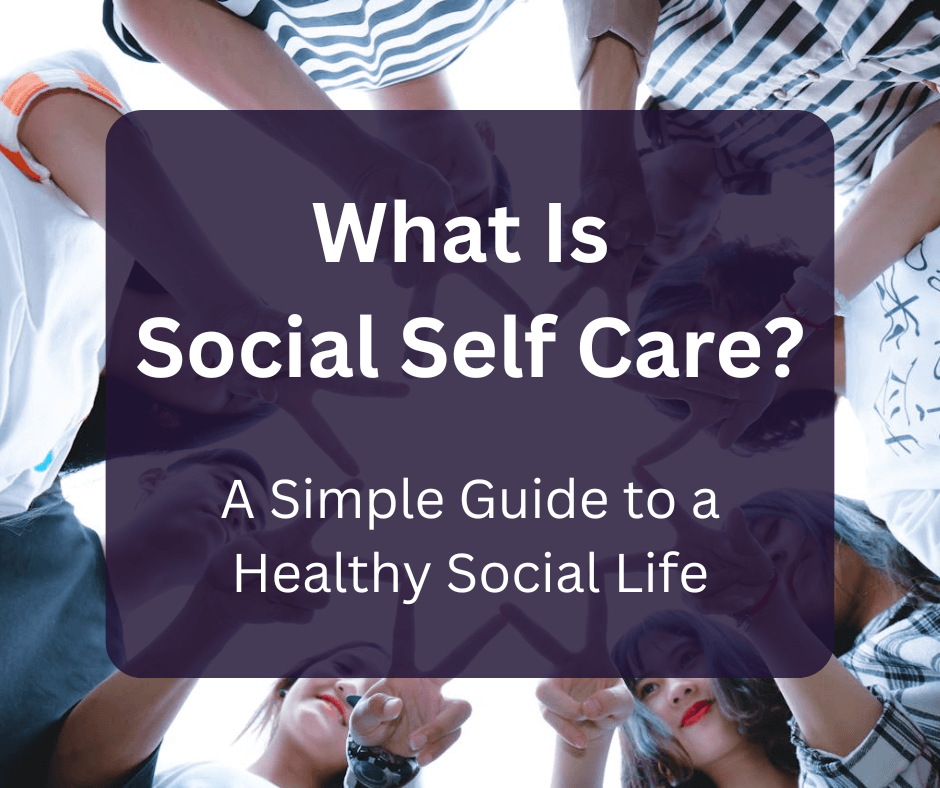
It’s about the practices you can add to improve your social interactions. It’s the habits that help you maintain healthy, supportive relationships. The main pillars of social self care are:
- prioritizing meaningful connections with others
- nurturing friendships
- being part of a community
In this simple guide, we’ll explore what social self care is and why it’s important. We will also look into practical ways to incorporate it into your life.
So let’s zoom in on these aspects one by one.
What Is Social Self Care
Social self care is the practice of intentionally nurturing and maintaining social connections. This supports your mental and emotional wellbeing. It goes beyond just spending time with others. It’s about engaging in relationships that are meaningful and positive.
What is social self care exactly?
It involves making choices that prioritize your social needs, such as:
- seeking healthy and uplifting connections with others
- maintaining meaningful friendships
- prioritizing relationships with people who make you feel valued and understood
- setting boundaries with people who drain your energy
Why Is Social Self Care Important
We are social animals. So we can’t overlook the importance of our social connections in our lives.
Numerous studies have shown that loneliness can lead to:
- Long-term health issues. The stress of social isolation increases inflammation in the body and impairs your immune system. The impact of social isolation on your health is very similar to that of smoking or living with obesity.
- “Fight-or-flight” stress response. Loneliness can also activate your nervous system.
- Cognitive decline. Prolonged periods of loneliness increase the risk of Alzheimer’s disease and dementia.
- Exacerbated mental illness. Social support plays a significant role in mental health. If you are already suffering with mental illness, isolation will worsen it. Even healthy individuals need a support system. We are meant to live in tribes, and we feel safe when we belong to something bigger than ourselves.
- Shorter lifespan. Social isolation can increase your risk of death to a similar degree as smoking.

Types of Social Self Care
Now let’s get into the practical side of things. Let’s have a look at the different types of social self care and how you can incorporate them in your day-to-day life.
Cultivating and Maintaining Healthy Relationships
The first thing that comes to mind when thinking about social self care is healthy relationships. The way we interact with and relate to the people in our lives has a crucial role in our social self care. We need a strong support system to thrive.
You might have noticed that relationships grow more difficult as you age. You have a full schedule, a busy day at home, family, chores, responsibilities. Somehow time seems to shrink. And your relationships are the first to suffer.
But it’s important to make an effort if you want to have a healthy emotional life. You need to book time for your relationships, just as you put time aside for your job or household chores.
Make sure you spend quality time with all your loved ones. Do things together, like going to the cinema or cooking. Have meaningful conversations, check in with each other. Take time to listen to them and understand what they are coming from. Share your own personal struggles and ask for advice. Be authentic and curious, stay connected.
We tend to overlook our relationships with our immediate family. Maybe because it feels like they’re always there. But the quality of these relationships can decrease if we don’t maintain them properly.
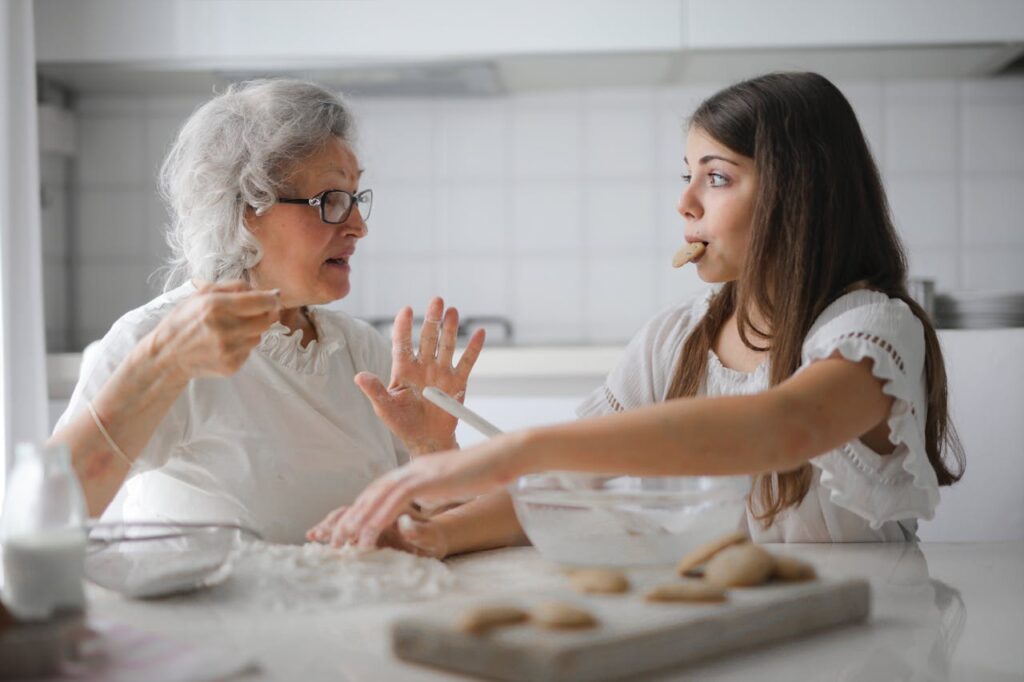
So here’s a checklist of relationships you should not overlook. Make sure you take the time and nourish these relationships:
- your parents, grandparents
- your partner/spouse
- your children
- your regular friends
- new people you have met and would like to have as friends
- work besties (if you have them)
All of these relationships require your commitment. Otherwise, your social life will deteriorate and become a source of stress.
Prioritizing Meaningful Connections
It’s easy to look at your address book, or social media, and think you have a lot of friends. We interact and socialize with a lot of people every day. We have casual conversations with our coworkers, chat with our neighbours, write on social media with people we have never met.
But these kinds of connections are based on surface-level interactions. They don’t provide genuine support or emotional nourishment.
Social self care is about relationships built on trust, vulnerability and mutual respect. These relationships should provide a strong support system.
So make sure to plan some time with your real friends. Those friends you feel comfortable sharing your insecurities with. Or the friends who have similar interests with you. Ask them about their life or their hobbies. Start deep conversations that help you both know each other.

If you don’t know where to begin with meaningful conversations, try planning an activity together. Do something together that is important for you. The conversation will start naturally. For example, if you are passionate about the environment, suggest a nature walk together. It’s so much easier to spark a conversation about your favourite subject in this environment.
Community Engagement
The next step in your social self care practice is that feeling of belonging to a community. We are not islands. We are part of tribes, groups of people. We need to feel that we are part of something bigger than ourselves, to connect with like-minded people. This is what brings us fulfillment.
It could be:
In your neighbourhood
- Get to know your neighbours
- Get involved in your neighbourhood activities
- Start an initiative for the problems you want to solve in your immediate community.
- Inspire your neighbours to collaborate and help each other.
Offline activities
- Find a club or a group of people who support your hobbies. Exchange knowledge and opinions with like-minded people.
- Go to events or activities that support your interests.
Community work / Giving back
Find a cause that in important to you, and volunteer. You will meet new people, connect with people who have the same values as you. And you will feel good about yourself.
A sense of purpose is essential to our emotional wellbeing, and very few people have it these days. In a world where everything is about efficiency and productivity, we forget to pause and reflect on our role. We do have an impact on our world and community, whether we like ti or not. So make sure it’s a positive one!

It’s not a waste of time to “work for free”. You gain something that is invaluable: perspective, connection, and purpose. You contribute to something that’s bigger than you, you make the world a better place. It’s so rewarding!
Habits for Social Self Care
Before I wrap up, I’d like to share with you a few ideas for habits you could adopt to improve your social life. These are tips that have helped me with my social self care routine. I hope you will find something you can add to your daily life.
- Weekly reminders to call your parents, grandparents etc. It only takes a few minutes of your time. But to them it’s priceless. And you will see your relationship improve.
- Join a club that requires regular attendance. This will force you to commit to this self are habit, because it won’t be as easy to find excuses to postpone.
- Make a habit of checking in with friends on a certain day of the week. I am quite forgetful when it comes to checking in with friends, so I actually book it in my agenda. For instance, Tuesdays are check-in days with Bella. So every Tuesday I’m reminded to drop her a message or call.
- Once a month organize a get-together with your closest friends. Cook dinner, movie night, go to a concert or comedy show.
- Organize your vacations with friends. If you have a friend you don’t see often since you’re both always busy, consider booking a vacation together. You get to see each other in a less stressful environment, when you aren’t always on the run. And you get to spend quality time together.
- Go to the gym with a friend, or find a class you can do together. This way, you can see each other more often, while sharing an activity.
- Make house calls cool again. People used to drop by all the time. It’s true that we are busier these days and don’t have the time for unexpected calls. But we need to normalize visiting each other’s homes. One of the main reasons people don’t go out as much is because it’s expensive. So why not stay at home? After all, the goal is to see your friends. You really don’t need a fancy restaurant for that.
- End of day check-in with your partner/spouse. We are so busy that we tend to overlook the relationships that are closest to us. We get into a routine and, because we see each other every day, we think that’s enough. But this is not true. Every relationship needs to be nurtured, including that with your significant other. Take a few minutes at the end of the day to check in with each other, talk about your day, give each other advice and support. After all, you are partners in life.
These are just a few ideas of small habits you can incorporate in your day to improve your relationships. They have worked for me. If you have suggestions of other useful habits, please feel free to share them in the comments. I would love to hear form you, and we could all benefit from new tips and tricks.
If you want to learn more about self care, you can check out this article: on the 7 pillars of emotional self care:

